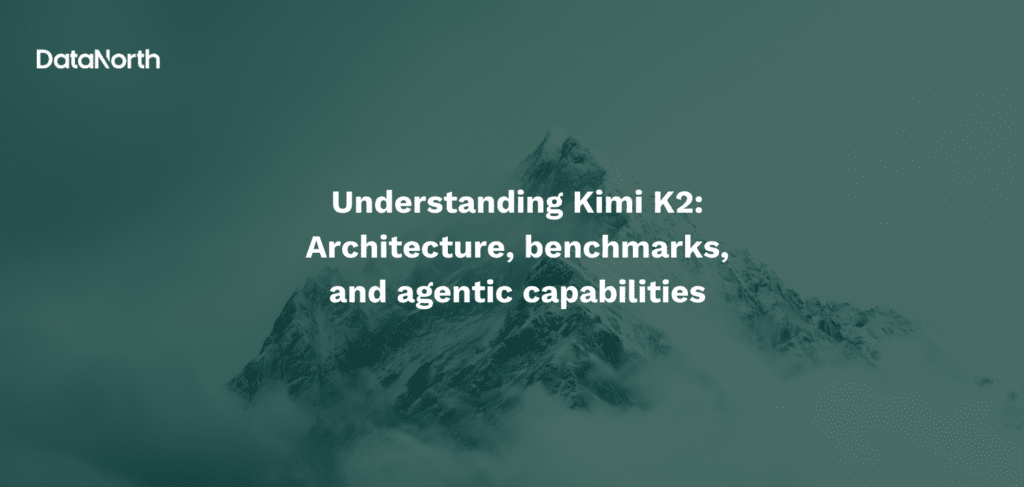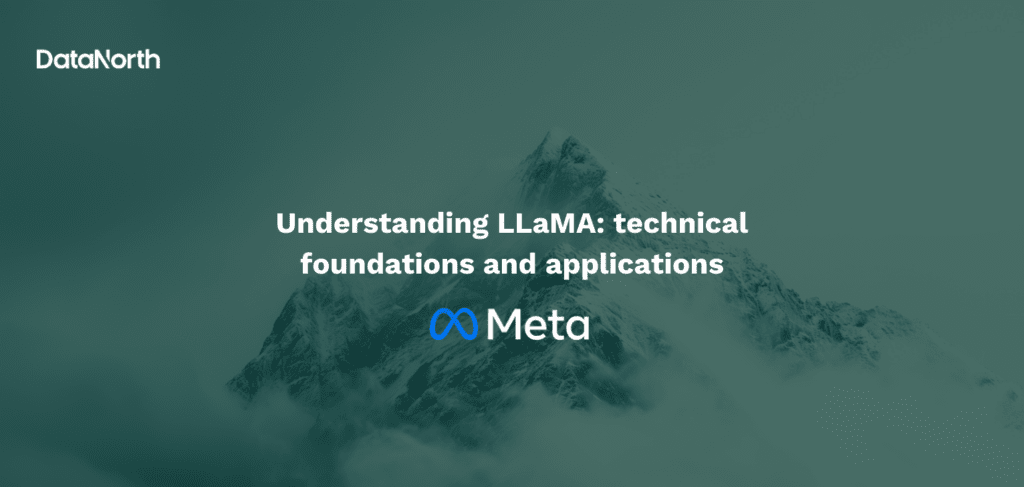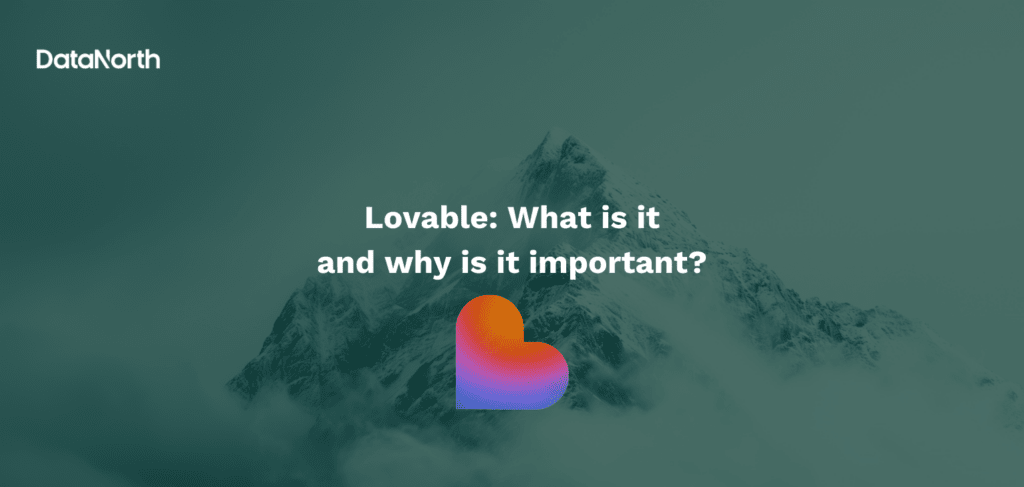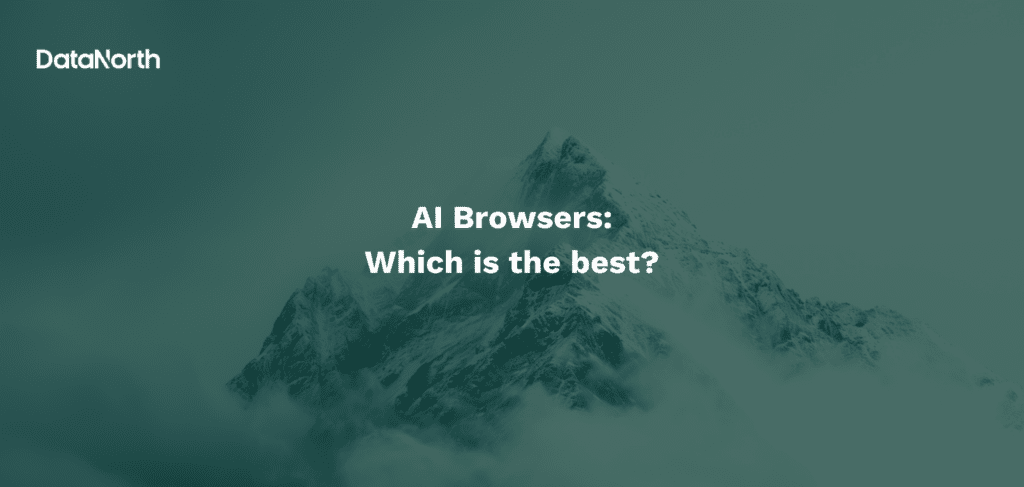In today’s world, businesses and organizations alike have recognized that data is an invaluable asset that can provide a competitive edge. This realization has sparked the rise of data science, an interdisciplinary field that uses scientific methods, processes, algorithms, and systems to extract knowledge and insights from structured and unstructured data.
Whether you’re a growing startup, a small-scale business, or an established multinational corporation, data science can revolutionize your decision-making process, enhance your customer experiences, and amplify your growth. If you’re wondering “How can data science benefit my business?” you’ve come to the right place.
In this blog post, we’ll explore seven compelling examples of data science in business. Each example will unravel the intricate ways data science can be leveraged across various industries, giving you a comprehensive overview of its real-world applications.
Let’s start by first understanding what data science exactly is!
What is data science?
Data science is an interdisciplinary field that uses scientific methods, algorithms, and systems to extract knowledge and insights from structured and unstructured data. It’s the process of turning raw data into actionable insights that can lead to better decision-making in businesses.
Data science is about more than just analyzing data. It involves a diverse set of skills and disciplines. These include mathematics for statistical analysis, computer science for algorithm development and coding, and business savviness for understanding and addressing business needs.
The field of data science typically involves three key areas:
- Data collection and processing: This process, also referred to as data preparation, involves gathering data from various sources and cleaning it to ensure accuracy and reliability. The collected data may come from databases, spreadsheets, online sources, and other types of data storage systems.
- Data analysis: Data scientists use statistical methods and machine learning algorithms to explore and analyze the data. This step helps to identify patterns, correlations, trends, and other insights hidden in the data.
- Data interpretation and communication: Once the analysis is complete, data scientists interpret the results and communicate them to stakeholders in a way that’s easy to understand. This often involves creating visualizations, reports, and presentations.
A successful data science project doesn’t just stop at delivering insights, it also involves applying these insights to drive actionable changes that achieve business objectives. This could mean developing a new marketing strategy, changing a production process, or implementing a new customer service approach based on the insights gained.
From small businesses to multinational corporations, data science is being leveraged to make more informed decisions, optimize operations, and create data-driven products and services.
Continue reading to discover seven examples of data science in business.
7 Data science examples in businesses
Alright, now that we’ve explained what data science is, let’s continue exploring examples of data science in businesses. The following seven examples demonstrate how data science is being applied in various sectors, providing a more practical understanding of the field:
- Enhancing customer experience through personalization
- Predictive analytics in the financial sector
- Supply chain optimization
- Driving sales
- Improving healthcare with predictive analytics
- Optimize production processes in manufacturing
- Weather prediction for agriculture
Enhancing customer experience through personalization
Data science plays an essential role in understanding customer behavior, interests, and engagement patterns. Using data science techniques like clustering and classification, businesses can create personalized marketing campaigns and service offerings.
For instance, e-commerce giants like Amazon and Netflix use data science to create personalized recommendations based on a user’s past activity. These tailored experiences not only improve customer satisfaction but also enhance customer retention and increase sales.
Predictive analytics in the financial sector
Another common use case example of data science is predictive analytics in financial institutions. They extensively use data science to make predictions about future events and trends. This involves analyzing past data and identifying patterns to predict future outcomes.
A great example is credit scoring, where data science helps assess a customer’s creditworthiness. Analyzing past financial behavior, payment history, and credit usage, data science algorithms can predict the likelihood of a customer defaulting on a loan. This information allows banks to make better-informed decisions about who they lend to, thus minimizing risk and potential losses.
Supply chain optimization
In logistics and supply chain management, data science helps improve efficiency and effectiveness. By analyzing variables such as delivery times, route lengths, and transport costs, data science algorithms can optimize the entire supply chain.
For instance, companies like UPS and FedEx use data science to optimize delivery routes, reducing travel time and fuel costs. By predicting potential disruptions and bottlenecks, they can also ensure a smoother supply chain, improving service delivery and customer satisfaction.
Driving sales
Data science can help enhance sales in many ways. Using predictive analytics, businesses can identify potential sales leads and predict future sales trends.
For example, data science can analyze historical sales data and identify patterns that indicate a potential increase in product demand. By recognizing these trends early, businesses can adjust their production and inventory, preventing stockouts and overstocking, thereby increasing sales and reducing costs.
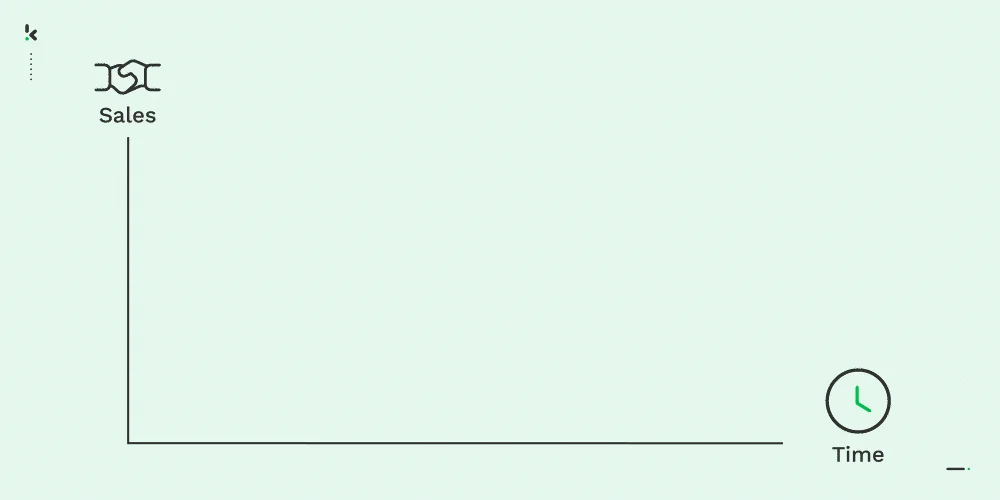
Improving healthcare with predictive analytics
In the healthcare sector, data science is used to predict disease outbreaks, improve patient care, and optimize medical processes. By analyzing patient records, data science can predict disease risk, helping healthcare professionals intervene early and prevent the disease from progressing.
For example, Google’s AI can predict a patient’s death risk more accurately than hospitals by analyzing electronic health records. On a similar note, the AI developed by Zebra Medical Vision can identify potential lung, cardiovascular, and liver diseases by analyzing medical imaging data, helping doctors catch serious conditions earlier.
Optimize production processes in manufacturing
Manufacturing companies use data science to improve product quality, optimize production processes, and reduce costs. By analyzing historical production data, data scientists can identify patterns and correlations that can help improve manufacturing processes.
For instance, General Electric uses data science to optimize its jet engine manufacturing process. They analyze thousands of data points from each engine to identify ways to increase efficiency and reduce defects.
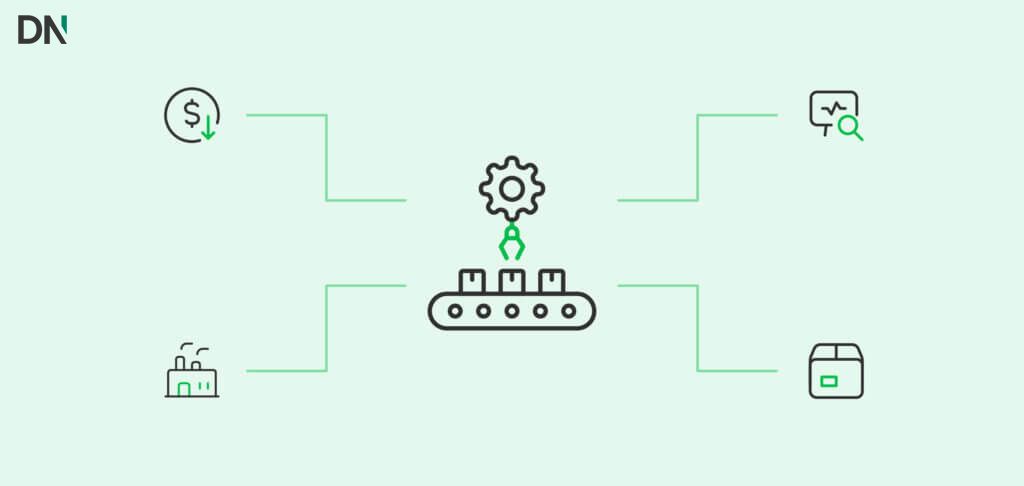
Weather prediction for agriculture
The last data science example is weather prediction. Farmers and agricultural professionals are leveraging data science by analyzing past weather patterns. Data science algorithms can predict future weather conditions, enabling farmers to make better-informed decisions about planting and harvesting times.
For example, data science is used by The Climate Corporation to provide personalized weather forecasts to farmers. These predictions help farmers optimize their irrigation systems, reduce water waste, and improve crop yields.
Find a data science application for your business
From enhancing customer experiences to predicting financial risks, these examples of data science in business hopefully showcased the power of data science in driving business growth and efficiency. As more businesses recognize the potential of data science, the demand for these services is rapidly growing.
DataNorth is a leading provider of data science consultancy services, helping businesses navigate the complex world of data. Our team of experts can help you identify the best data science applications for your business, ensuring you reap the maximum benefits from your data.
If you’re ready to unlock the power of your data, don’t hesitate to get in touch with DataNorth AI!


